
Getting the initial diagnosis correct could lead to more effective treatments for patients.

Getting the initial diagnosis correct could lead to more effective treatments for patients.

CollaborNet aims to free data, providing the most important patient information at the point-of-care.

A focus on improving efficiency and reducing costs makes AI poised for increased adoption.

One expert said the government has a huge role.

The device would allow parents to hear their baby’s heartbeat continuously.

Knowing who is more likely to opt out could help tailor better interventions for smokers.

Researchers will use Amazon Web Services to accelerate research and improve outcomes.
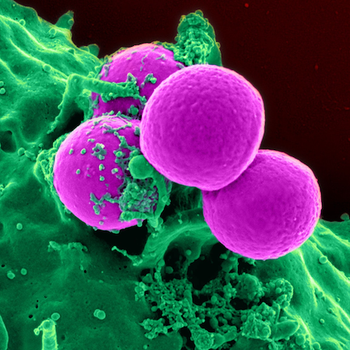
Providers could have the opportunity to administer the innovative cancer therapy to improve patient outcomes.

One expert said social determinants of health can be driven by tech to improve overall outcomes.

The combined models identified smoking environments with 76.5% accuracy.

The tool predicts systolic blood pressure with nearly 95% accuracy.

The AI model correctly identified subtle patterns of A-fib with 90% accuracy.

This could help improve the selection of drugs and participants for clinical trials.

One expert said it’s more cost-effective for a health system to build, rather than buy, an app.

The tech detects low respiration rates and could buy a patient an hour of time.
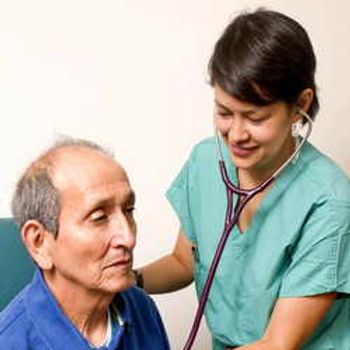
Colin Hung discusses two reasons behind the shift from fee-for-service to value-based care.

It's essential to get different employees involved in the implementation process to be the most successful.
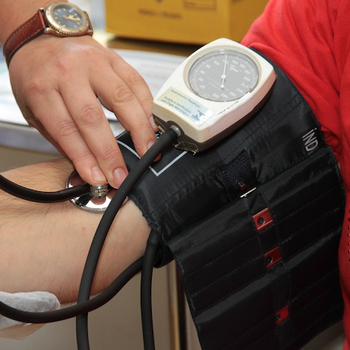
The algorithm applies AI to wearable sensor data to produce vital signs.

How health systems can construct an effective strategic plan for innovation.

The pilot program will provide physicians with access to claims data.
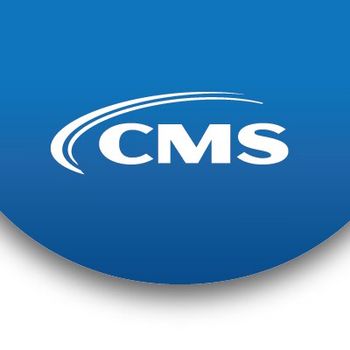
Under the proposals, physicians would report measures that are outcome-based and more aligned to Alternative Payment Models.
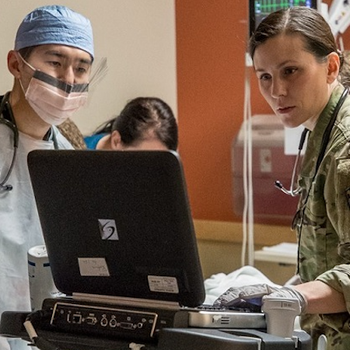
The data migration is the first step toward the VA achieving interoperability of veterans’ records.

Email phishing is the primary attack vector for 90% of health data breaches.
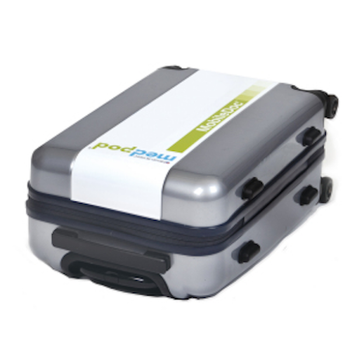
The agreement will help provide patients with more access to treatment remotely.

A closer look at the research collaboration between Cota and the FDA.

How the healthcare exec builds trust with Kaiser’s patients by being diligent with compliance and privacy.

Recruiting is very labor- and time-intensive. But machine-learning technologies can automate the process.

Knowing the differences in population-level physical activity can help public health officials design interventions that target the specific needs of communities.

Digital Patient Clone is a health data repository that brings together deidentified real-world data, with contributions from providers.
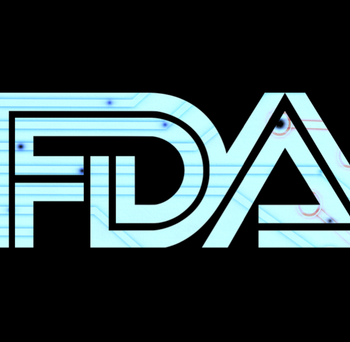
The agency will continue developing frameworks to look at the benefits and risks of cutting-edge technologies.